Technology, Innovation, and Modern War – Class 5 – Chris Brose
Steve Blank
OCTOBER 15, 2020
We just held our fifth session of our new national security class Technology, Innovation and Modern War. Joe Felter , Raj Shah and I designed a class to examine the new military systems, operational concepts and doctrines that will emerge from 21st century technologies – Space, Cyber, AI & Machine Learning and Autonomy.

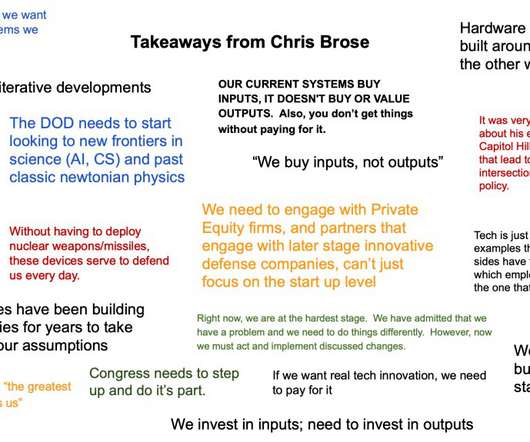
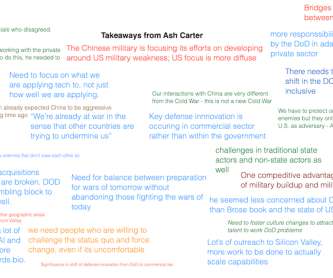



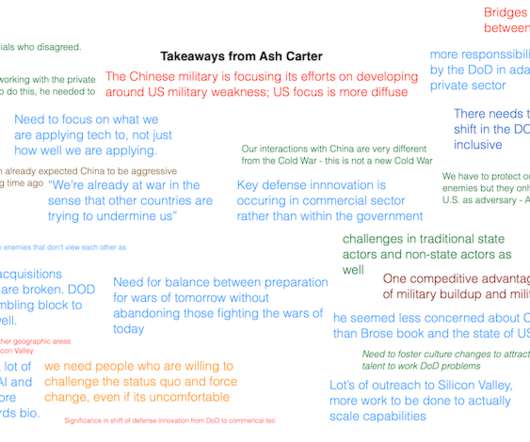

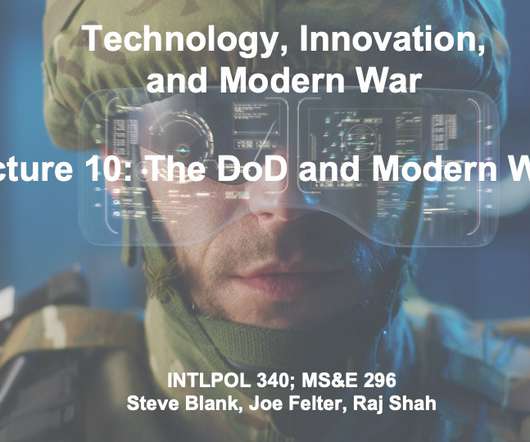
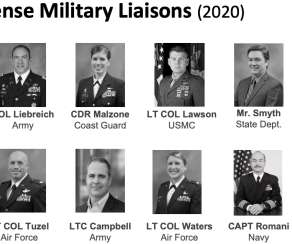



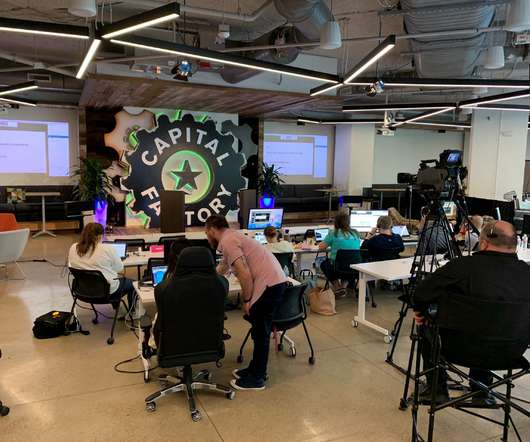









Let's personalize your content